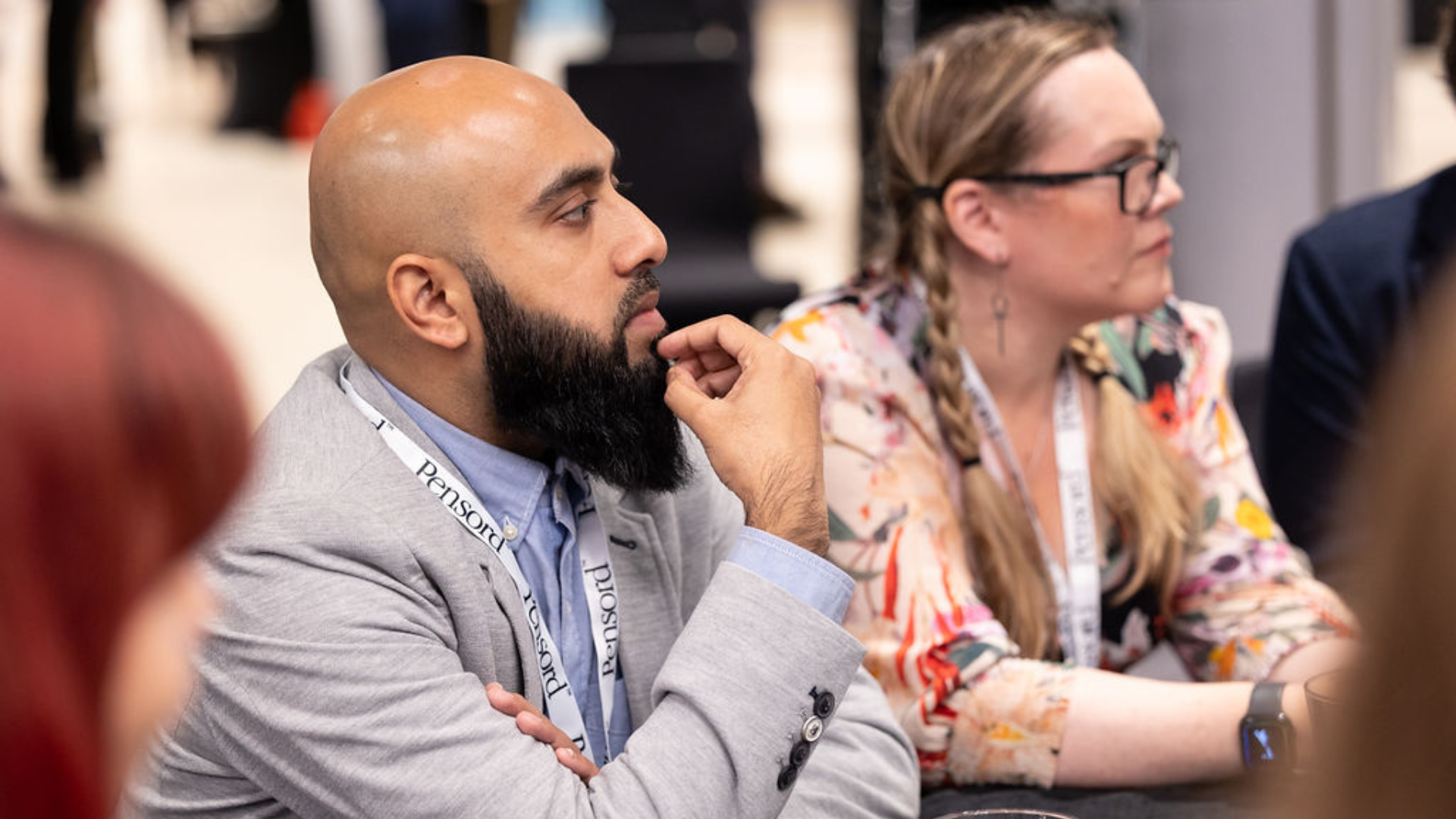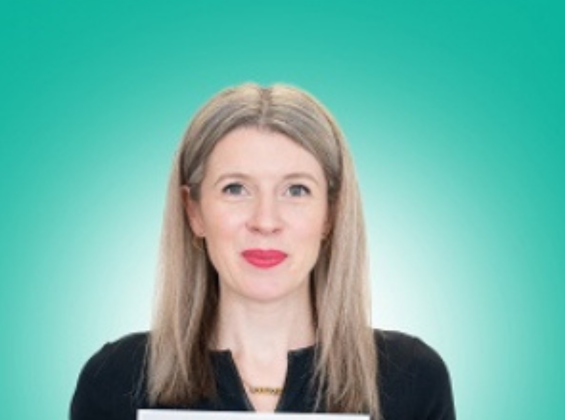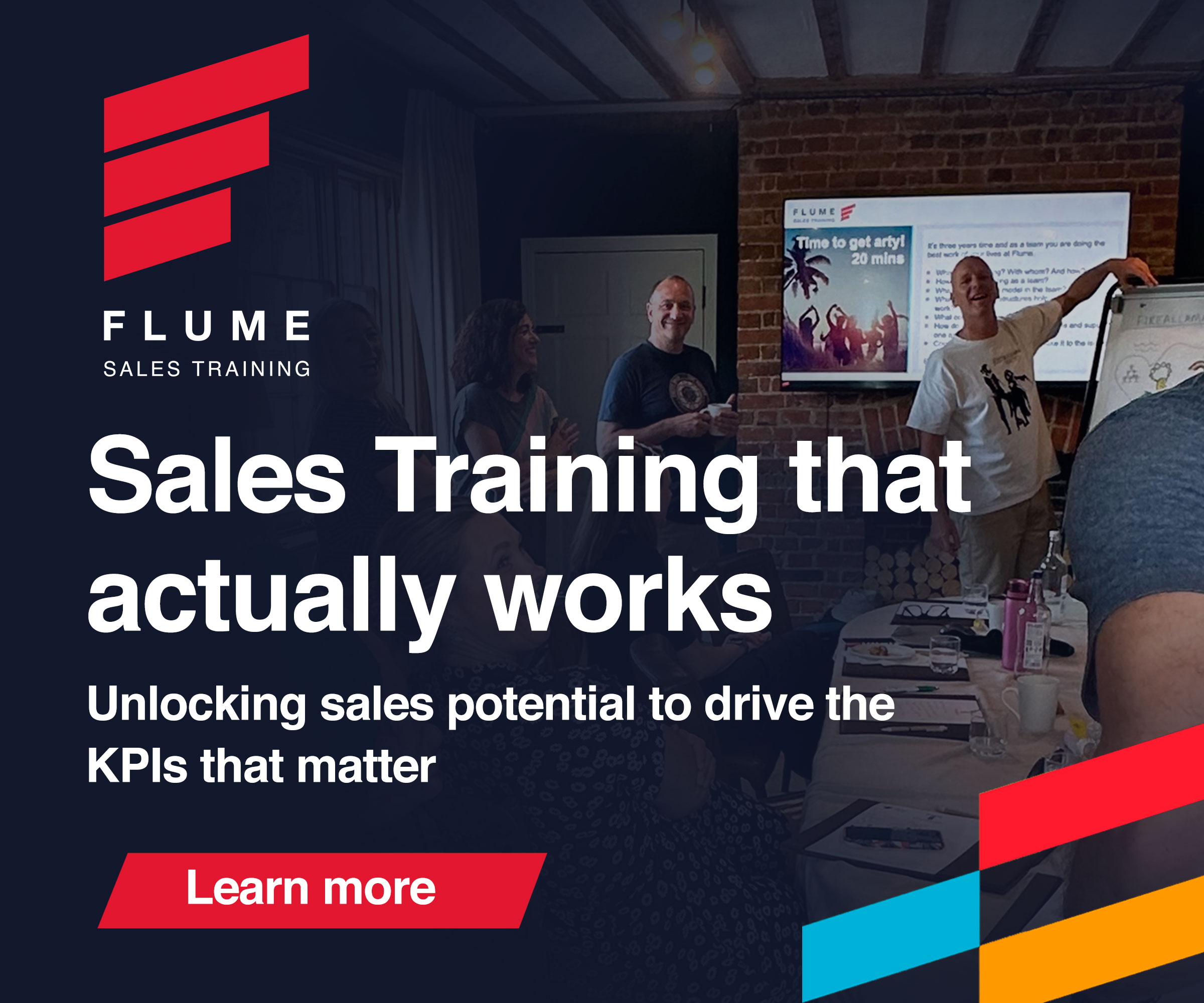
What made you want to work in the magazine industry?
I always wanted to write; I knew that quite early on. I was quite unusual as a child in that I bought newspapers from about the age of 11 onwards. I read them on the bus on the way to school – I’ve always been interested in news. When I was a teenager, I got into the music press and style magazines like The Face, they showed me another world that seemed far more interesting and glamorous than the one that I lived in, in suburban London.
I've always read a lot of books and aspired to be a novelist. These things all came together at a certain point, because I got a job in Paris teaching English after university and planned to write my first novel. But journalism got in the way: the guy I was sharing a flat with (I couldn't afford to buy magazines) had a copy of Blitz, and they were advertising for an Editorial Assistant; I thought, this could be the one for me. I went back and got the job. I've been very fortunate to have a career working with words.
Can you chart your journey from when you started out to your current position?
I worked at Blitz for a couple of years. It was a good place to learn, because it was so small, so you saw how everything worked. Whether that was in art department, or the very small editorial team that we had, understanding the commercial and production departments: I got to experience the entire operation closely.
I'd always been interested in American nonfiction writing. I was inspired by the new journalism – writers like Joan Didion and Truman Capote – so, when I read that Esquire was launching in the U.K., and Lee Eisenberg, who was the editor of Esquire in the U.S., was going to come over and launch it, I wrote him a letter explaining how much I’d like to work there.
I went for an interview on a Friday, at the old National Magazines building on Broadwick Street. He told me to go away over the weekend and come up with 10 news pitches and 10 feature pitches.
I pretty much didn’t sleep the whole weekend, but I produced this document and he gave me my first proper editorial job. I went to Arena next, where I was Deputy Editor for about four years. I was appointed Editor when Emap took over. I did that for about a year, and then got an offer, out the blue, from Dennis Publishing in New York. I’d always wanted to work in Manhattan, so it was hard to turn down.
Eventually, I was hired as Executive of Details, a magazine that was hugely influential over the years. This was Bush years, so I was commissioning all the kind of Iraq, Afghanistan, war on drugs, sort of stuff, which was fun because I was able to work with great writers. I got to really appreciate the high-level at which US magazines operate at in terms of the attention to detail, the multiple edits, the fact-checking, the real belief in the mission of journalism and publishing excellence.
We were in New York for nearly 10 years and had a great time but wanted eventually to return to Europe. I joined WIRED as Deputy Editor around eight months after it launched in April 2009. I was appointed Editor at the end 2016.
What’s the most unusual situation you’ve found yourself in because of your job?
Having Nicole Kidman demonstrate a roundhouse kick in the middle of the tea room at the Lanesborough Hotel got people's attention. And taking the wrong turn at an event and ending up realising that I was standing in a room with the Duke of Cambridge and his security detail. Interviewing both Tony Blair and Theresa May was intriguing. At the other end of the scale, being at Glasgow Crown court for the sentencing of the men convicted of the UK’s biggest cocaine heist.
What would people be surprised to know about your job?
That we have so many processes in place in order to deliver what we promise our readers at every turn. There are three things that we have to deliver our readers: quality, integrity and authority. It’s about ensuring that those qualities inform absolutely everything we do, whether that’s a live event, or whether we're doing a podcast, or whether we're doing a magazine piece, or a piece online, or whatever it is.
We have a real fear of getting facts wrong – a slip-up is a breach of trust between WIRED and its readers. It's so important for the brand that we have that as one of the core values, because that's what people look to WIRED for.
Walk me through your typical day.
I travel quite a bit but, on a typical day, I wake up fairly early, because I need that quiet time just to catch up on writing or email. I usually get to the office about 9.00am. Then we have daily conference. We are a fully integrated team now, so there's no one just works on print, no one just works on digital: everyone works on both.
At conference we talk about what we need to be doing that day, what we need to be responding to. Sometimes those meetings a very brief, we're literally just checking in. Other times, they can go on for quite a long time. Then after that, really, it's a mixture of working with copy, organizing our events, working closely with our commercial team, thinking about the strategic side of the business and how we can best continue to grow, which we've done significantly over the last three years. But, also, just trying to ensure that everything we do is the best that it can be.
In the evenings I might have a work event, see friends or eat dinner at home with the family.
What do you turn to when you’re on deadline – tea/coffee/snacks?
I drink a lot of tea. I’m a planner, so I tend to work on our events or strategic thinking a long way ahead. When it comes to writing, and I know what the real deadline is, I'm not a prevaricator but I will just push it right until the last minute because I want as much time as I possibly can to make it as good as I can.
What’s the best piece of advice you’ve ever been given?
I remember reading a profile of Gay Talese and he used to always show up an hour or two before he was interviewing someone because he always felt that he might get something that he wasn't expecting. So, he'd hang out in the waiting room, or outside, and he'd see the subject in a different way; he'd see them getting out of a car or interacting on the street.
I think that would be a good bit of advice for a young journalist is always show up early and hang around as long as you can, until they kick you out onto the street because that's the way you'll get the good stuff. The unexpected is always going to be more revealing than the scripted.
Do you have a go-to work outfit?
It depends. If I'm doing external things I am a bit suit-and-tie, but if it's internal things, I'm smart. I work at Condé Nast, so there's a pretty high bar here in terms of style, although WIRED people tend to be a little bit more dressed down.
How has being a member of the PPA helped you/added value to your brand?
I think that we are able to all learn from each other. What's valuable is being able to share best practice. We're all facing very similar challenges and we're all at different stages of our maturity of our brands.
We were quite early on events and obviously everyone's doing them now. Even though we've doing them for at least eight years it's interesting to talk to people who maybe have just been doing them for a couple of years, because they've got a very different experience of the marketplace.
It's also interesting to just talk to people about what their commercial challenges are and to hear about their experiences engaging readers with new platforms.
No one in this industry has total clarity on what things are going to be like in two or three years. Eight years ago, everyone thought that tablets were going to be the most exciting thing to arrive in publishing since the printing press; that didn't happen. We know now that mobile is the most exciting thing in publishing since the printing press, and we're all trying to figure out what that means for our businesses.
I think being part of something like the PPA means that we can have those conversations and we can learn best practice. There’s an openness to the conversations that's really powerful.
If you didn't have to sleep, how would you use the remaining hours in the day?
I would exercise more, and I would read more. I live in London and would like to spend time in nature, but I’d probably just end up following media in whatever part of the world was awake.
What's the last photo you took on your phone and why did you take it?

It was at our Health conference last Tuesday. It’s a photo of Erin Smith, who won our start-up competition. At the age of 19, she’s launched a business to help identify people with early stages of Parkinson’s disease.
What’s your guilty pleasure?
Arrested Development.
Whose phone number do you wish you had?
At the moment, I think Barack and Michelle Obama. To have voices of sanity in an otherwise terrifyingly worrying world. David Attenborough would be nice too.
What's the worst piece of advice you've ever been given?
Stop worrying.
What/where is your happy place?
I swim most mornings. I'm always happy in water.
What would people be surprised to know about you?
That depends who they are.
What would be in your Room 101?
The ERG and blue cheese.
Introvert or an extrovert?
Both.
Optimist or pessimist?
Optimist with pessimistic tendencies.
Film or television? What are you binge-watching at the moment?
Both. I go the movies a lot and I try and stay up with box sets. And live television still has those moments of shared experience that are hard to beat.
Sweet or savoury?
Savoury.
Morning person or night owl?
By nature, I'm a night owl. By design I'm a morning person. I'm really not a good early riser, but I force myself to be because it's the only way I will get any writing done. I’ve had six books published and co-written a movie, and the majority of the work was done before I went to my day job.
Tea or coffee?
I drink too much of both.
Emojis – cool or cringey? Which emoji do you use the most?
The one I use all the time is the thumbs-up emoji. It conveys so much, and I like its jauntiness.






